Back to Courses

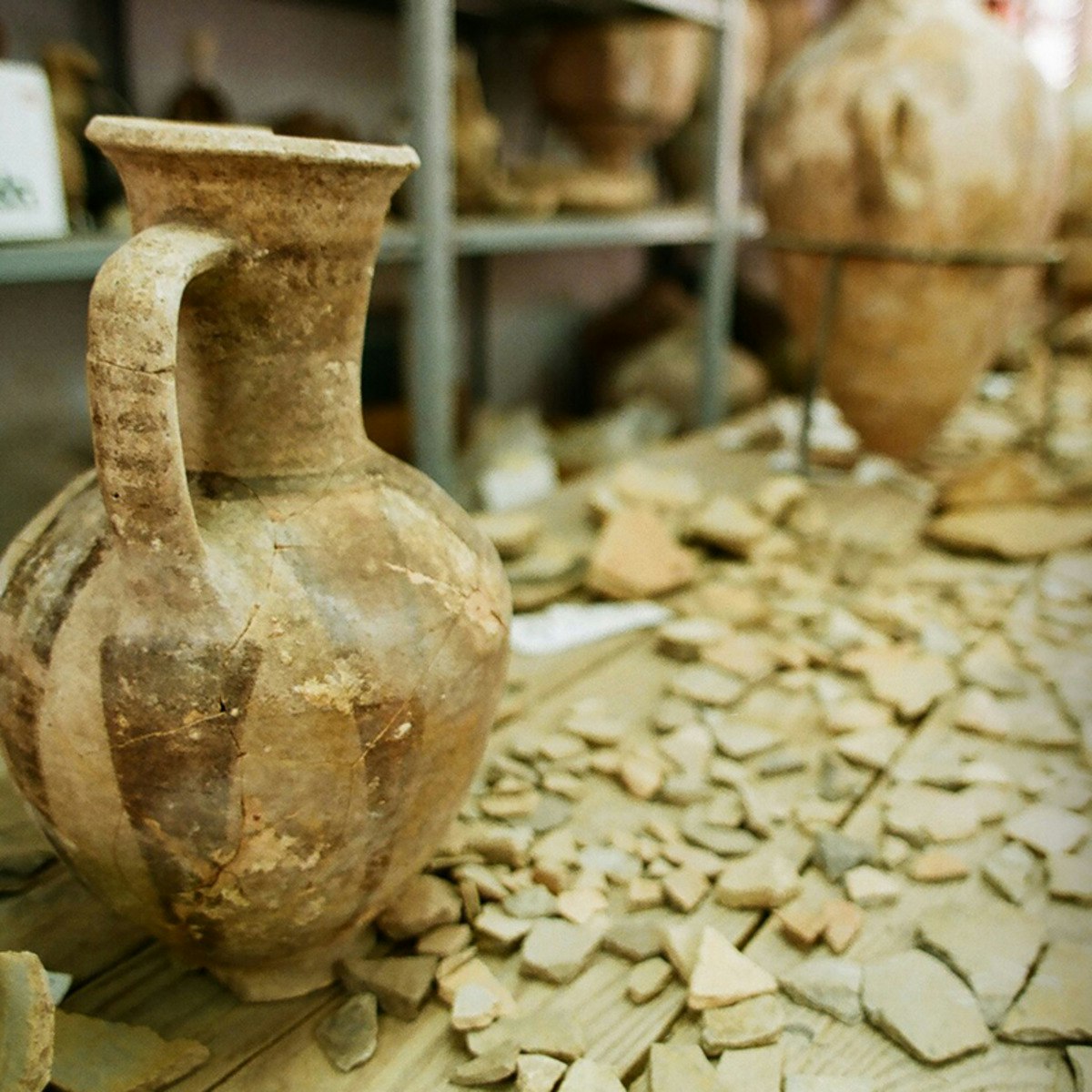

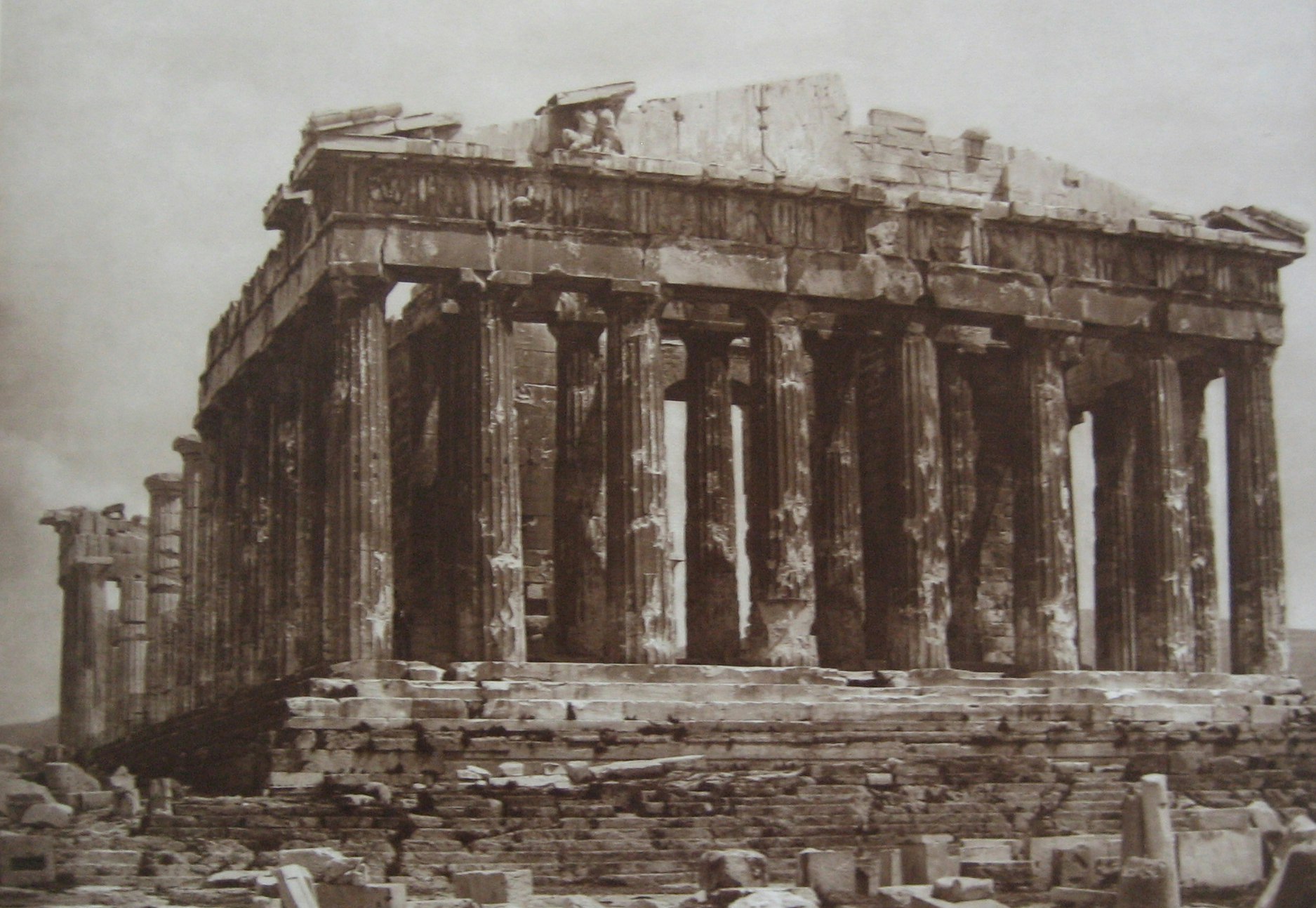
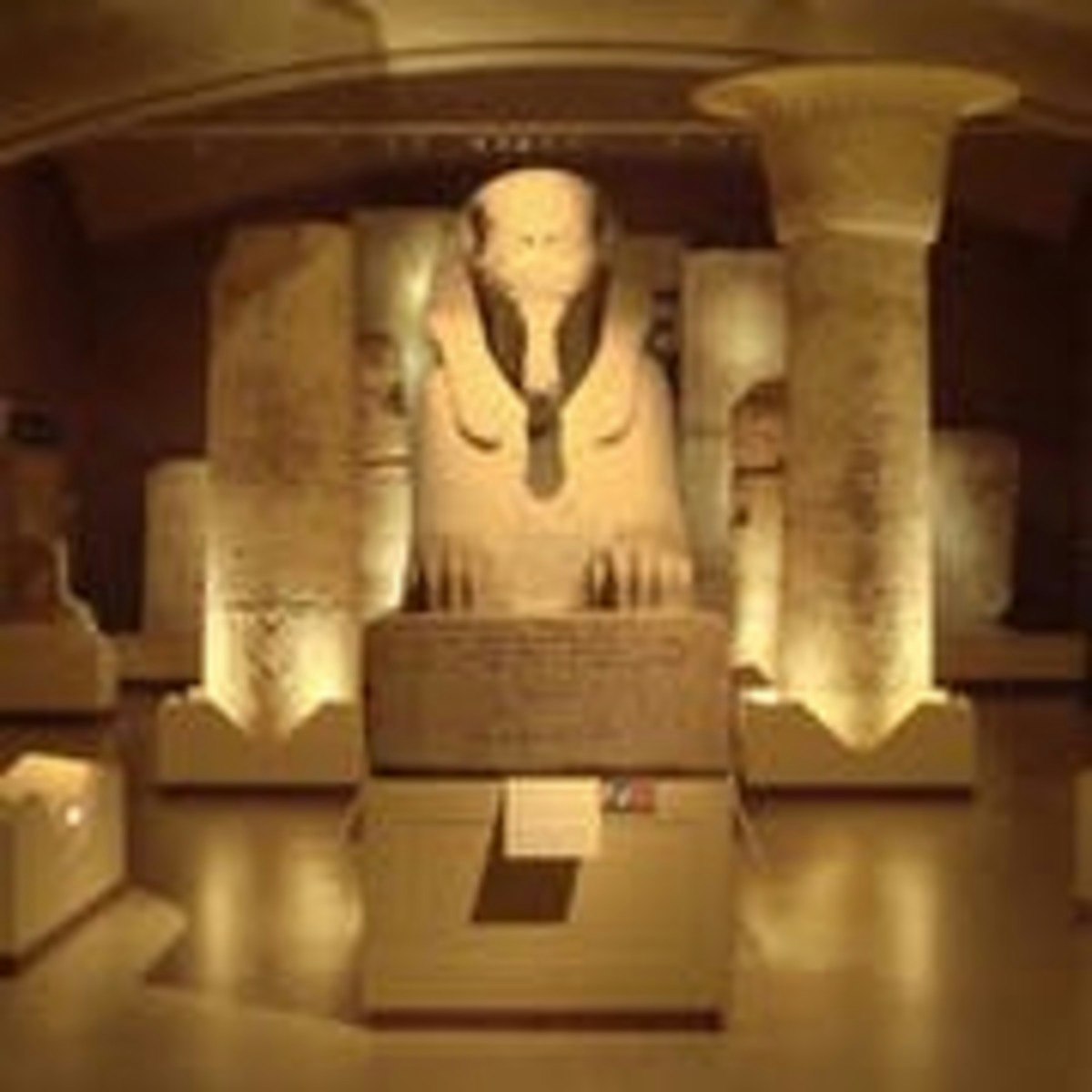

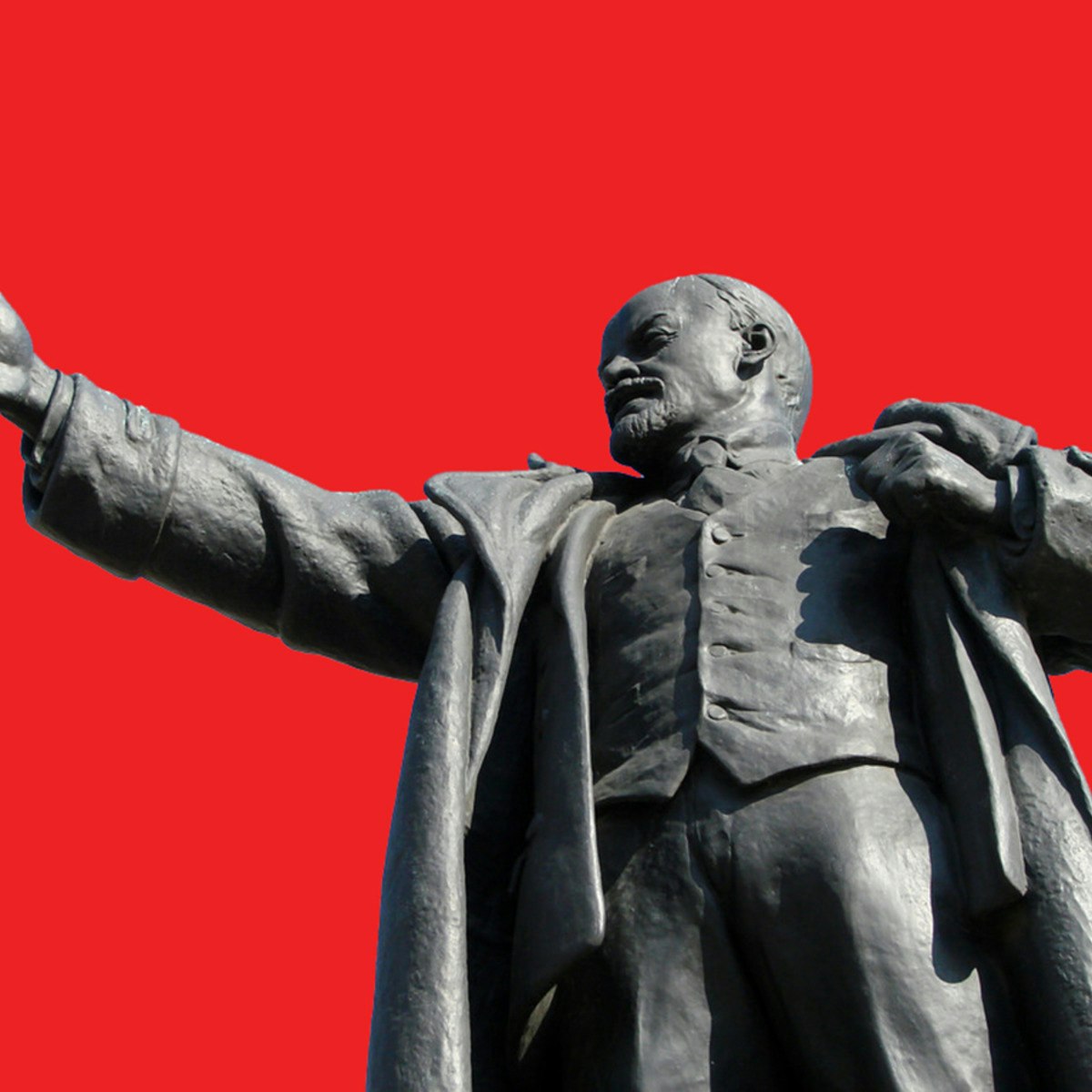
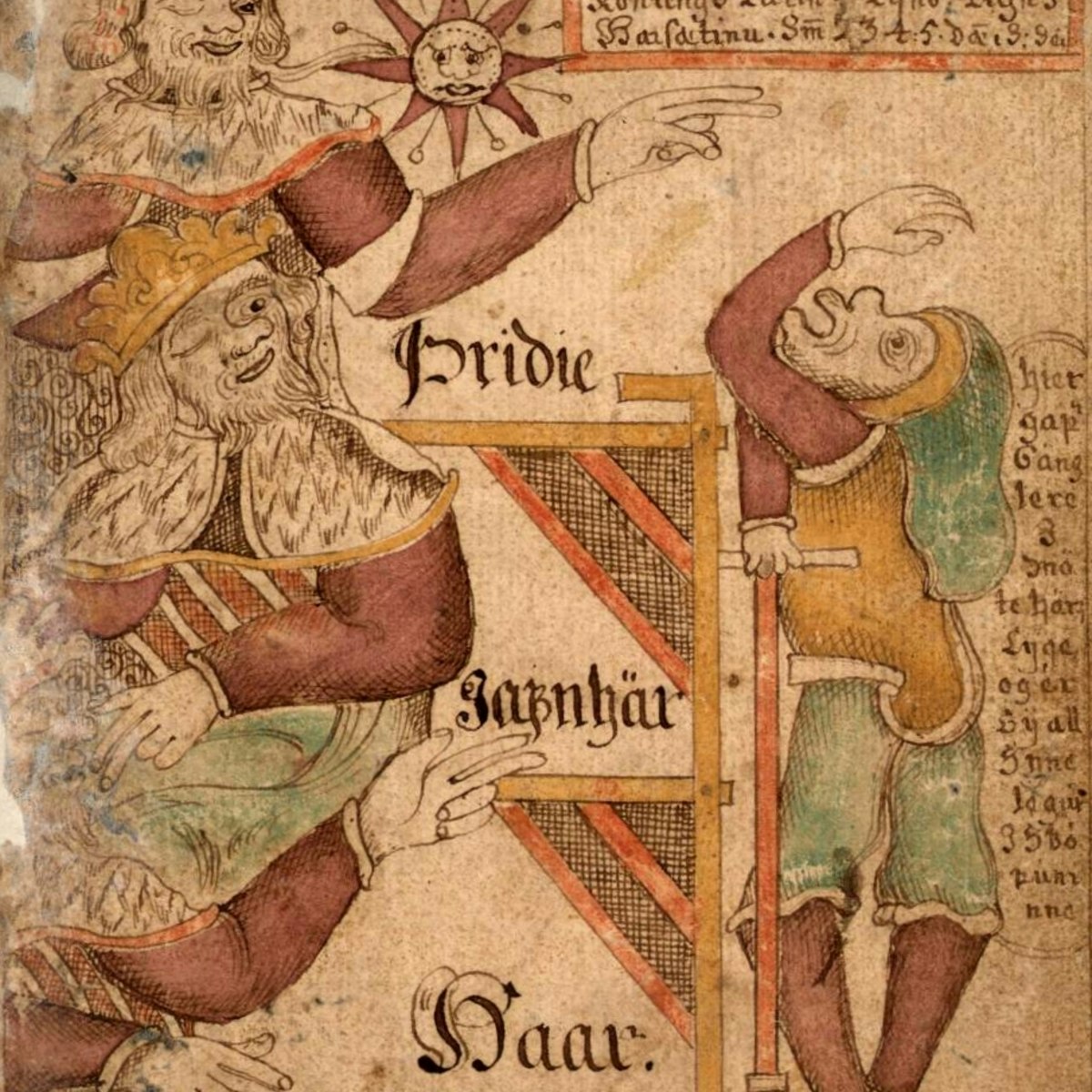
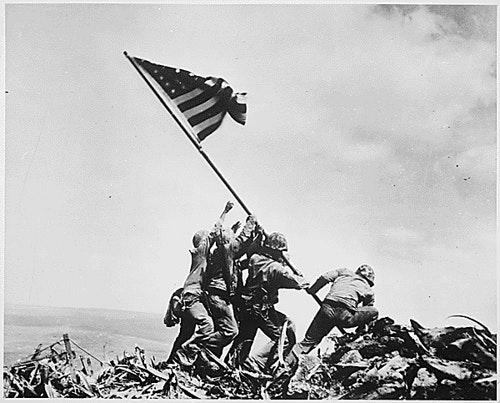
History Courses - Page 11
Showing results 101-110 of 168

The Talmud: A Methodological Introduction
The Talmud is one of the richest and most complicated works of literature the world has ever known. Since being composed around 1500 years ago it has inspired not only religious reverence but significant intellectual engagement. In this course learners will be introduced to the unique characteristics of this text and the challenges that inhere in studying it while studying a chapter of the Talmud. Students of the course can expect to develop an appreciation for how the Talmud works and why it continues to inspire religious and intellectual devotion. They will be challenged to employ critical reading skills and to analyze legal and historical concepts.

Understanding Einstein: The Special Theory of Relativity
In this course we will seek to “understand Einstein,” especially focusing on the special theory of relativity that Albert Einstein, as a twenty-six year old patent clerk, introduced in his “miracle year” of 1905. Our goal will be to go behind the myth-making and beyond the popularized presentations of relativity in order to gain a deeper understanding of both Einstein the person and the concepts, predictions, and strange paradoxes of his theory. Some of the questions we will address include: How did Einstein come up with his ideas? What was the nature of his genius? What is the meaning of relativity? What’s “special” about the special theory of relativity? Why did the theory initially seem to be dead on arrival? What does it mean to say that time is the “fourth dimension”? Can time actually run more slowly for one person than another, and the size of things change depending on their velocity? Is time travel possible, and if so, how? Why can’t things travel faster than the speed of light? Is it possible to travel to the center of the galaxy and return in one lifetime? Is there any evidence that definitively confirms the theory, or is it mainly speculation? Why didn’t Einstein win the Nobel Prize for the theory of relativity?
About the instructor: Dr. Larry Lagerstrom is the Director of Academic Programs at Stanford University’s Center for Professional Development, which offers graduate certificates in subjects such as artificial intelligence, cyber security, data mining, nanotechnology, innovation, and management science. He holds degrees in physics, mathematics, and the history of science, has published a book and a TED Ed video on "Young Einstein: From the Doxerl Affair to the Miracle Year," and has had over 30,000 students worldwide enroll in his online course on the special theory of relativity (this course!).

The Fall and Rise of Jerusalem
The destruction of the First Temple in Jerusalem and the Babylonian Exile were a great catastrophe in the history of the Jewish Nation.
What really happened during that dark, fateful age, and how did new opportunities arise from the ashes?
This course will temporarily close for enrollment from March 1st, 2022 to August 31st, 2022. During this time, the course will be closed for new enrolments. All of the course materials will continue to be able available to previously enrolled learners; however, the course staff will not provide support in the Discussion Forums during this period.
Best,
The Tel Aviv University Team

Big History: Connecting Knowledge
We currently face unprecedented challenges on a global scale. These problems do not neatly fall into disciplines. They are complicated, complex, and connected. Join us on this epic journey of 13.8 billion years starting at the Big Bang and travelling through time all the way to the future. Discover the connections in our world, the power of collective learning, how our universe and our world has evolved from incredible simplicity to ever-increasing complexity. Experience our modern scientific origin story through Big History and discover the important links between past, current, and future events. You will find two different types of lectures. ‘Zooming In’ lectures from multiple specialists enable you to understand key concepts through the lens of different disciplines, whilst David Christian's ‘Big History Framework’ lectures provide the connective overview for a journey through eight thresholds of Big History.

The Ancient Greeks
This is a survey of ancient Greek history from the Bronze Age to the death of Socrates in 399 BCE. Along with studying the most important events and personalities, we will consider broader issues such as political and cultural values and methods of historical interpretation.

Wonders of Ancient Egypt
Colossal pyramids, imposing temples, golden treasures, enigmatic hieroglyphs, powerful pharaohs, strange gods, and mysterious mummies are features of Ancient Egyptian culture that have fascinated people over the millennia. The Bible refers to its gods, rulers, and pyramids. Neighboring cultures in the ancient Near East and Mediterranean wrote about its god-like kings and its seemingly endless supply of gold. The Greeks and Romans describe aspects of Egypt's culture and history.
As the 19th century began, the Napoleonic campaign in Egypt highlighted the wonders of this ancient land, and public interest soared. Not long after, Champollion deciphered Egypt's hieroglyphs and paved the way for other scholars to reveal that Egyptian texts dealt with medicine, dentistry, veterinary practices, mathematics, literature, and accounting, and many other topics. Then, early in the 20th century, Howard Carter discovered the tomb of Tutankhamun and its fabulous contents. Exhibitions of this treasure a few decades later resulted in the world's first blockbuster, and its revival in the 21st century has kept interest alive.
Join Dr. David Silverman, Professor of Egyptology at Penn, Curator in Charge of the Egyptian Section of the Penn Museum, and curator of the Tutankhamun exhibitions on a guided tour of the mysteries and wonders of this ancient land. He has developed this online course and set it in the galleries of the world famous Penn Museum. He uses many original Egyptian artifacts to illustrate his lectures as he guides students as they make their own discovery of this fascinating culture.
This course focused on five key areas in the study of Ancient Egypt: 1) Principles of Egyptian Art, 2) The Basics of the Language of Ancient Egypt: Hieroglyphs, 3) Egyptian Magic, 4) Akhenaten, Tutankhamun, and the Religion of the Aten, and 5) The Burial of Tutankhamun and the Search for his Tomb.
This course is intended to accompany, and ideally to follow, Introduction to Ancient Egypt (also available on Coursera).

William Shakespeare's Twelfth Night: Comedy, Conflict, and Community
This course introduces and explores William Shakespeare’s classic comedy, Twelfth Night. Interviews with actors who appeared in the Colorado Shakespeare Festival’s 2019 production of Twelfth Night, as well as lectures by scholars and theater professionals who work and teach at the University of Colorado Boulder, offer students insight into Shakespeare’s artistic vision and its applications. Exploring Shakespeare’s language, his characters, his humor and his world view, the lectures, interviews, and interactive learning experiences that make up this class will help students comprehend the power of Shakespearean comedy and the abiding appeal of Twelfth Night for its original audience and our contemporary moment. You'll explore the relationship between comedy and tragedy, the conflict inherent in desire, and the ways Shakespeare's words and works engaged his community, and yours.
This course strives to be of interest to multiple audiences, but we think it may particularly appeal to...
* Shakespeare enthusiasts and the Shakespeare curious in all walks of life
* Actors, theater practitioners, and teachers of Shakespeare everywhere
* Secondary school and college students interested in expanding their studies of Shakespeare
* Interested readers with little or no familiarity with Shakespeare

Russian History: from Lenin to Putin
In this course, Peter Kenez, Professor Emeritus at UC Santa Cruz, explains the events of modern Russian history and introduces its most significant actors—from Vladimir Lenin to Vladimir Putin.

Old Norse Mythology in the Sources
This course is an introduction to the religion of the Vikings as it is recorded in Old Norse and Scandinavian literature from the medieval period. You will learn about the different written sources and what they can teach us about pre-Christian religion in northern Europe in the Viking Age. The course surveys the primary collection of Old Norse poetry about the pre-Christian Scandinavian gods, the Poetic Edda. We will also work with the main collections of stories about the Old Norse gods in prose: Snorri Sturluson's Edda and Saxo's History of the Danes.

Film, Images & Historical Interpretation in the 20th Century: The Camera Never Lies
This course is a short taster on the topic of the use of Images, Film, and their use in historical interpretation in the 20th century. It is primarily provided for those who have a general interest in history that draws on photojournalism as primary evidence, and films based on historical events.
Once you have completed this course we hope you will be equipped to:
Appreciate the significance of photographs as historical evidence in the twentieth century.
Understand the limitations of the medium, and how we can attribute meaning to these individual records of 'one moment in time' while taking into account the circumstances in which any particular image was taken.
Understand how individuals and institutions have looked to manipulate images to their own ends – through alteration and/or censorship – and what that meant to contemporary interpretation, as well as subsequent historical interpretation.
Put individual images into a wider context, and in particular with reference to history written, or portrayed, beyond academia: public history.
Do be aware that part of the contents of this course regard images and depiction of war. Real wars and real images.
Popular Internships and Jobs by Categories
Find Jobs & Internships
Browse
© 2024 BoostGrad | All rights reserved